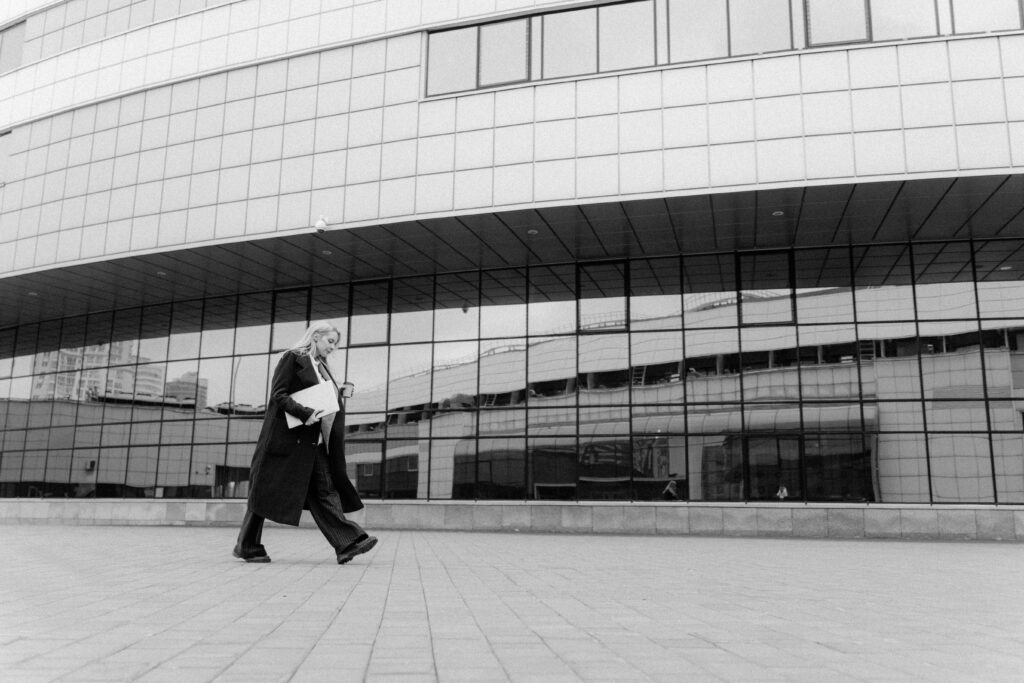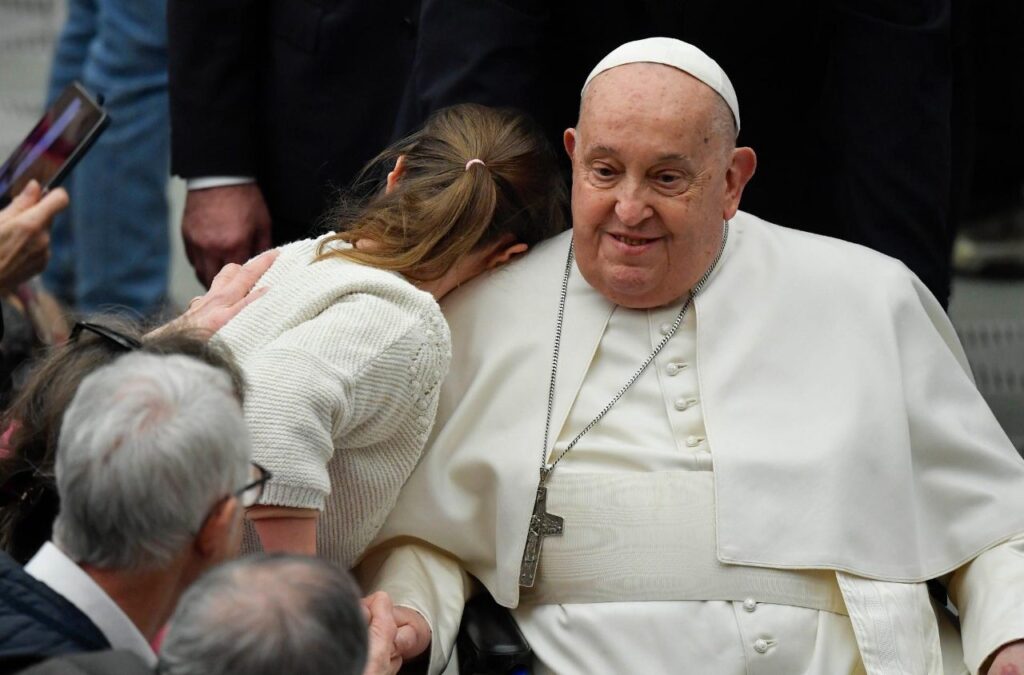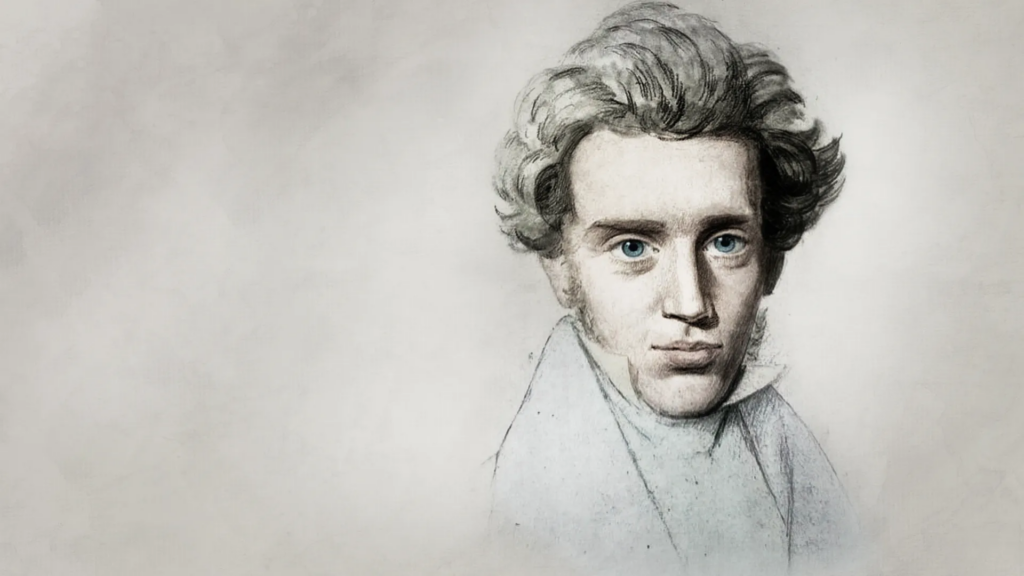The importance of being a father or mother
Thank you

The only reproach that I dare to make to the generations that have preceded us is that of not having educated us in the importance of family, marriage and children. In my generation, most of the boys, when we were growing up, were insisted on the importance of studying to “become useful men.” The girls were insisted that they should study to “not depend economically on men.” They had to train to “feel fulfilled at work.”
If any of us, when asked “what do you want to be when you grow up?”, had thought of answering “dad” or “mom”, it would have provoked either hilarity or anguish, and it certainly would not have been taken very seriously.
I don’t know anyone who in their childhood and youth was taught that the most important thing in life is to be a good husband, or a good wife, and a good father or mother. That doesn’t make money and, therefore, is unimportant.
As we grew up, the importance of training and work was insisted upon endlessly, and no one even mentioned that the center of our lives was going to be our family.
Plus, you can be a great gardener, or a great surgeon, or a great taxi driver, or a terrible politician, but if you’re not the best for your spouse and children, what does it matter? You may be the best in your profession, you may earn a lot of money, but if you are expendable at home, is that what you want?
With this education that we have received, how can we be surprised that when someone suspects that their family, their husband, their wife or their children, are interfering with their professional development, they decide to answer the door? Without a doubt, it is not an easy way out, but if when we were growing up we were instilled that the important thing is work and no one educated us to be the best husband and father or the best wife and mother possible, how are we going to fight to become so? ?
But after more than twenty-five years practicing as a clinical psychologist and neuropsychologist with children, the evidence has taught me a very different conclusion. In our experience, the most important thing we do in our entire lives is our work within our family, as husbands and as parents, and, furthermore, parents are the solution to many of our children’s problems. Even more. Parents want to be the solution.
Unless the father or mother, or both, suffer from some type of pathology that prevents them from carrying out their work within healthy parameters, parents, all of us, want the best for our children, we want to do the best for our children, and we strive every day to do it.
Does this mean that we achieve it? Do we always get it right, and do we always do what is right and best for our children? Far from it, we are human.
Being human inevitably implies making mistakes, but this cannot lead us to the idea that we are then incapable of being parents.
Thinking about it would be equivalent to saying that a doctor, given that he is going to make mistakes, is the cause of his patients’ problems. A teacher, given that he is going to make mistakes, is the cause of his students’ problems, an astronaut, given that he is going to make mistakes, is the cause of N.A.S.A.’s problems.
In my experience, having worked with thousands of parents, I have come to the conclusion that the best parents, the most selfless, the most dedicated, the most conscientious and conscientious make between five and ten mistakes a day. Never less than five.
This does not make their work expendable, or that their mistakes cause great misfortunes for their children. It is simply part of the job of being a parent, and “paying” for those mistakes is part of the development of your children.
We have all suffered those mistakes. Pretending that they do not exist is absurd.
Being a father (and naturally a mother) is the most important job that can be done in life. The most. Only comparable to being a husband or wife.
If you already have children, nothing you do in life will be more important.
You may be a gynecologist who has helped deliver thousands of children throughout your career. Some of those children may even have lived thanks to her professionalism, but her work as a mother, even if it is just one, is much more important and contributes more to society than all her professional work.
Perhaps you are a firefighter, and in your life you have put out thousands of fires and saved the lives of dozens of people. Some of them will even know their names and surnames, and they will never forget you. But if you are a father, after saving that life, when you get home you have the most important job of that day: being a father.
What could be more important than contributing decisively to a human being’s growth? In fact, is there any task that requires more time? Our role as parents, to fulfill our objective, what we generically call “educate”, takes at least eighteen, twenty or more years.
Saving the life of a human being is done in minutes, achieving that life to fully develop, trying to bring it as close as possible to its potential, requires decades.
The fact that being a father (or mother) is an unpaid job means that it is despised by society as a whole and by many people in particular.
Many people who hold a position or a “high” social position consider that their work for society is more important than that of any mother or father. Let’s admit it, in this society of ours, “whatever you earn, you are worth as much.”
If you do not do pay work and your vital work is to dedicate yourself to your family, your wife (or husband) and your children, rest assured that you are making the most important contribution possible to this society.
And most importantly, only you can do it. Today’s society affirms, subtly and implicitly, that a mother or a father, that you, is expendable; However, not only is this not true, but you, in your work as a father or mother, are irreplaceable.
Suppose that for some reason, I can’t think of any good ones, you can’t continue being a parent, and you are permanently separated from your children. Let’s think that in this unfortunate situation, your spouse marries another person, who will go on to perform “his or her role,” and who, in addition, will act as a father (or mother) in an ideal manner. Do you think the outcome of who and what your children are like would be exactly the same as if you had been able to move on with your life?
In short, does it matter whether you or anyone else is the father or mother of your children?
Honestly, I don’t believe it. Let’s do a more detailed analysis.
Genetically, each of your children is a unique being in the world and in history. There is not, nor has there been, nor will there be any other person with the same genetic load as each of your children, unless you have had unzygotic twins. In this case, you have two children who are genetically identical, but are they the same? Are their personality variables, their ways of being identical?
Well, in the same way that your genetic contribution has been unique, unrepeatable, specific for each of your children, your contribution as a father or mother, your influence will also be unique and unrepeatable. Without you, none of your children would be as they are going to be. For better and for worse.
Furthermore, not only are you irreplaceable, what is truly unique, unrepeatable is your work with your spouse. Your work as PARENTS. In the same way that each of you has contributed 50% of the genetic code that has culminated in your wonderful child, your contribution to the education of your children can only be understood in conjunction with that of your husband or wife.
And your children need you both. They need mom and dad. Children do not need a “mother figure,” nor a “father figure.” They need a father and a mother of flesh and blood.
The only figures that I know have any use are those in the Nativity scene.
I don’t quite understand what a “mother figure” is, I don’t know if it’s a mannequin sitting on the couch at home, or if it’s the lady who comes to clean the house for two hours, three times a week, okay, or the janitor at home. He is a suitable “father figure.”
Sometimes I have heard that the grandfather, who lives with his daughter and grandchildren, “acts as a father figure”, but I wonder, then, when does he act as a grandfather? Could it be that in this case these children not only no longer have a father, but who also do not have a grandfather, and what they have is a substitute or a hybrid of both?
Parents. In Spanish, parents refers to a mother and a father[1]. Without either of these two elements, human life cannot exist. If one of the two fails, the human life already conceived will not be the same.
If you are a mother, if you are a father, congratulations and thank you for wanting to take on and carry out the most exciting, most creative and most difficult task of all possibles. Thank you.
***
[1] Whether adopted or not
Related

Reversing Social Deterioration: A Task That Begins in Business Management
Alejandro Fontana
25 April, 2025
4 min

The Revolution of Tenderness
María Elizabeth de los Ríos
25 April, 2025
3 min

His Hope Does Not Die!
Mario J. Paredes
24 April, 2025
6 min

The Religious Writer with a Fighting Heart
Francisco Bobadilla
24 April, 2025
4 min
 (EN)
(EN)
 (ES)
(ES)
 (IT)
(IT)

